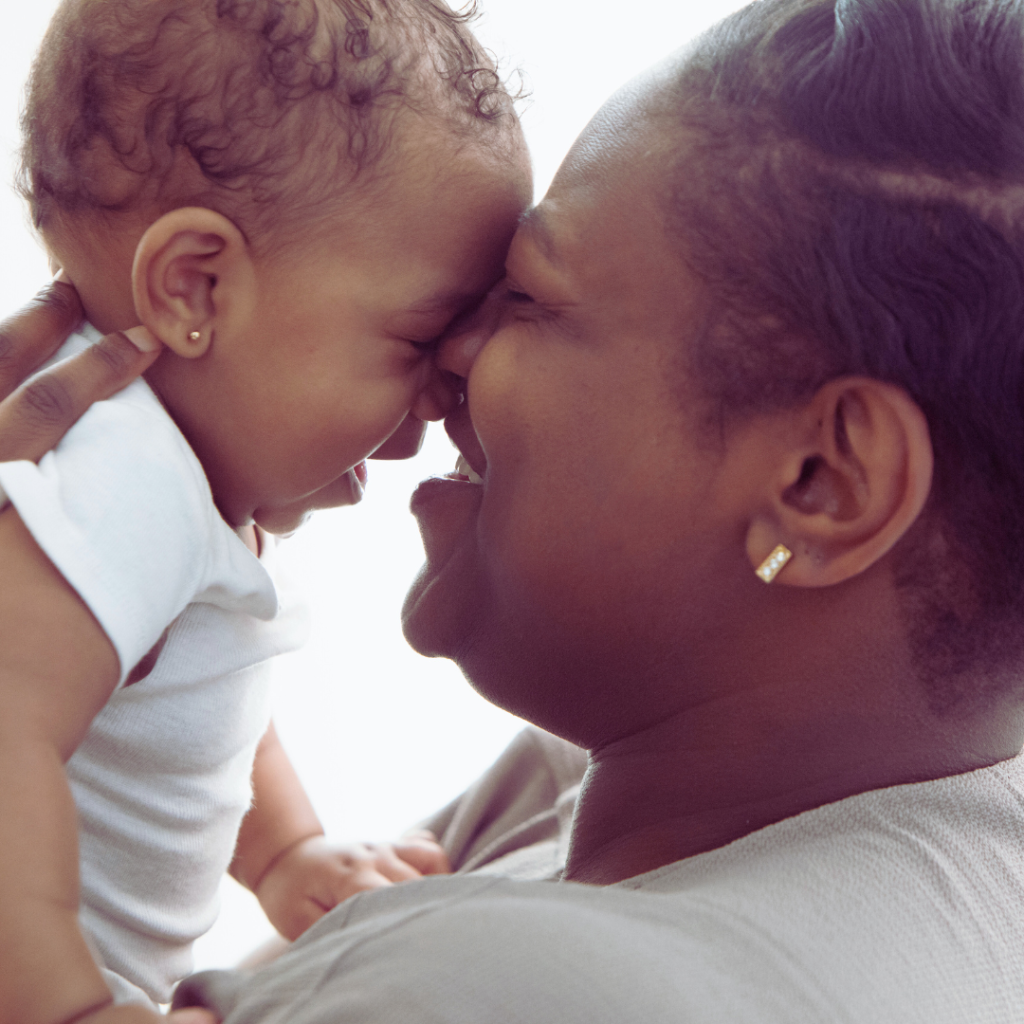
Our birth experiences don’t always go to plan. There’s not always time for the playlist – sometimes there’s not even time to properly process the fact that your plan for an unmedicated labor has now been overruled and you’re headed into the O.R. for an emergency c-section. Sometimes, those unplanned experiences are scary enough to cause birth trauma.
If you cringed at that word, ‘trauma,’ you’re not alone. It gets thrown around pretty casually these days, while at the same time it often feels too extreme to describe our own experience. It can be hard to know what exactly counts as trauma, and it’s definitely enough to make you wonder if birth trauma is even a real thing. If you’re curious about birth trauma and birth trauma therapy options, read on!
It is real, and it matters. Why? Because trauma often doesn’t go away without treatment, and it can have a serious impact on your quality of life. As for the definition of the word ‘trauma,’ it’s a bit complicated, but let’s get into it.

Get mental health support for birth trauma
✓ 1-on-1 weekly sessions
✓ Perinatal mental health coaches
✓ Just $39 per session
What is birth trauma?
From a clinical perspective, trauma refers to either bodily harm or to psychological harm resulting from exposure to death or serious injury, the threat of death or serious injury, or sexual violence. In many cases, birth trauma results from the event or threat of death or injury of the baby, and/or the threat of death or injury to yourself.
For example, an emergency C-section is a common example of birth trauma, since danger to the mother or baby is usually what leads to the surgery and the surgery itself is a risk to both mother and baby as well.
That said, many mental health experts consider the term ‘trauma’ to be appropriate for psychological harm that results from extremely distressing experiences – no threat of death or injury required. For example, many women describe their births as traumatic due to lack of control, feeling uncared-for, not being listened to, or being denied their basic human dignity during the birth process.

It’s more common than you might think
Reports of birth trauma statistics vary, but most sources agree that around 1 in 3 women experience birth trauma, and one study found that up to 45% of women report traumatic birth experiences.
That trauma can have serious consequences for quality of life – it can cause flashbacks, trouble sleeping, and elevated anxiety, among other symptoms. Relationships, parenting, and just living life are all made harder by untreated trauma. For many women, a negative first birth experience can even put them off having future children permanently.
Birth trauma therapy
Luckily, there’s hope for those of us with birth trauma. Cognitive behavioral therapy (CBT) is the most effective treatment for trauma, so the best thing you can do for birth trauma is work with a mental health professional who practices cognitive behavioral therapy.
What exactly does birth trauma therapy look like? If you’re doing CBT, your provider will help you examine your thoughts and your behaviors related to the traumatic experience to identify places where you might be getting stuck.
But the most critical piece of CBT for birth trauma is to tell or write about your birth story from beginning to end. Recounting a traumatic experience can help your brain store the memory properly and reduce the impact of the traumatic memory on your current functioning. In CBT, your provider might have you tell your story many times over because the repetition really allows you to restructure the way the memory is stored in your brain.
There are also things you can do on your own if you’re not yet ready to try birth trauma therapy.

Looking for birth trauma therapy? Try Prospera!
✓ 1-on-1 weekly sessions
✓ Perinatal mental health coaches
✓ Just $39 per session
First steps to help overcome a traumatic birth experience
- Talk about it. The first step toward healing is to talk about your experience – ideally with your partner, who might also have some trauma of their own to work through, but anyone who’s a good listener will do. Go through the story carefully from beginning to end, to help yourself process the events and nail down the details. This will help you understand exactly what happened and view the experience as a whole, from a healthier perspective.
- Write about it. If you’re not ready to talk, you can write about your experience. Journaling about stressful events can help you make sense of what happened and organize your thoughts and memories. For trauma in particular, it can help to write about it multiple times until the memories become less distressing.
- Watch out for changes to your behavior. Sometimes, traumatic experiences can make us adjust our behaviors in ways that are ultimately unhelpful. Maybe complications during labor made you afraid to leave the house with your baby or let anyone else hold him for fear that he’ll get hurt. Try to reintroduce anything you’ve been avoiding, giving yourself grace to take it slowly, to start getting back to your normal life.
Traumatic birth experiences can be devastating – you might feel like everything you hoped for during your pregnancy has come crashing down in disaster and fear, and those feelings are valid. But try to remember that this isn’t the end of your journey with your baby; it’s just the beginning, and help is available!
Prospera: Mental Health For Moms




★ ★ ★ ★ ★
5.0 from 40+ ratings
Content reviewed by Dr. Andrea Niles, Clinical Psychologist
Anne Godenham is a writer and editor with a passion for mental health awareness and accessibility


